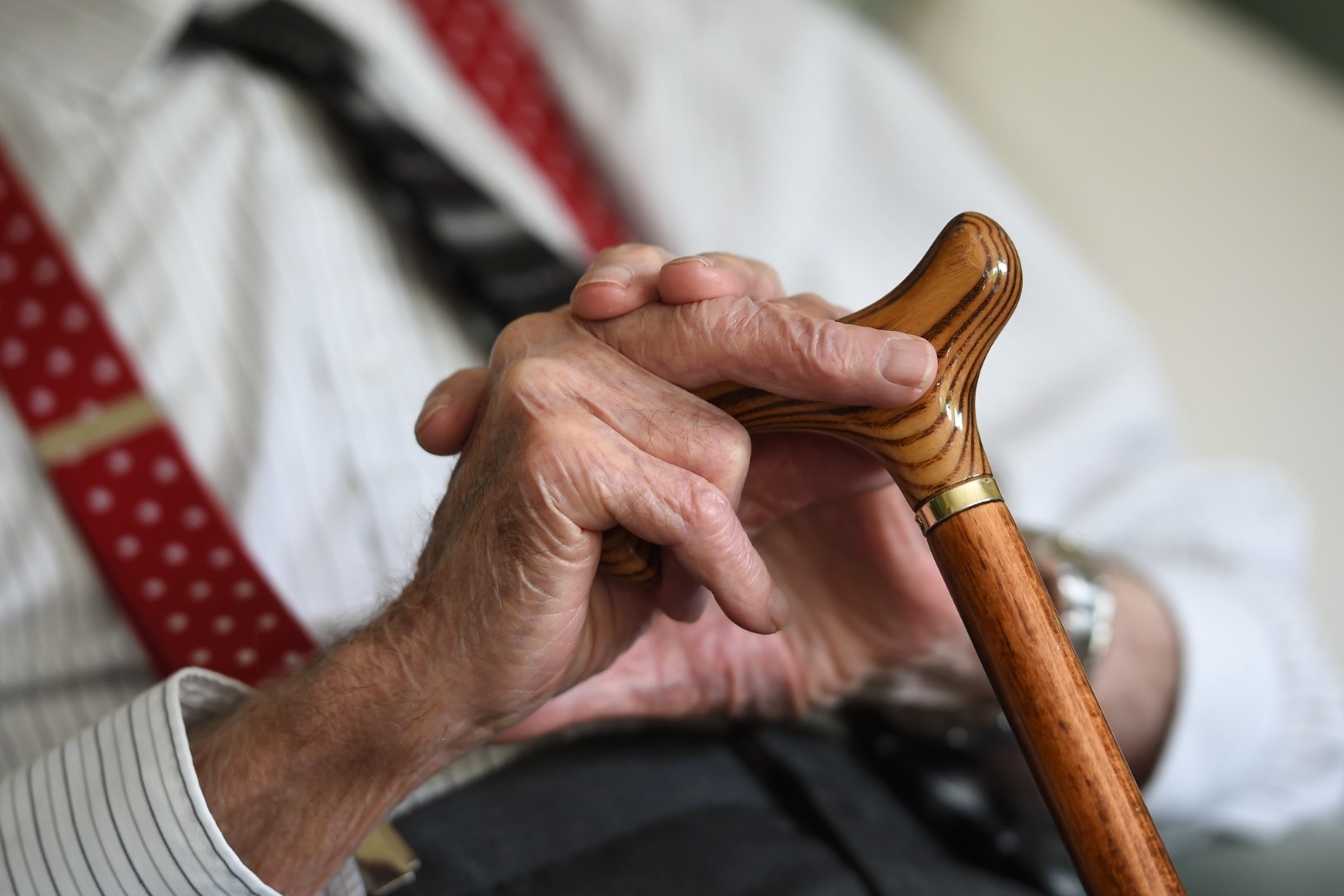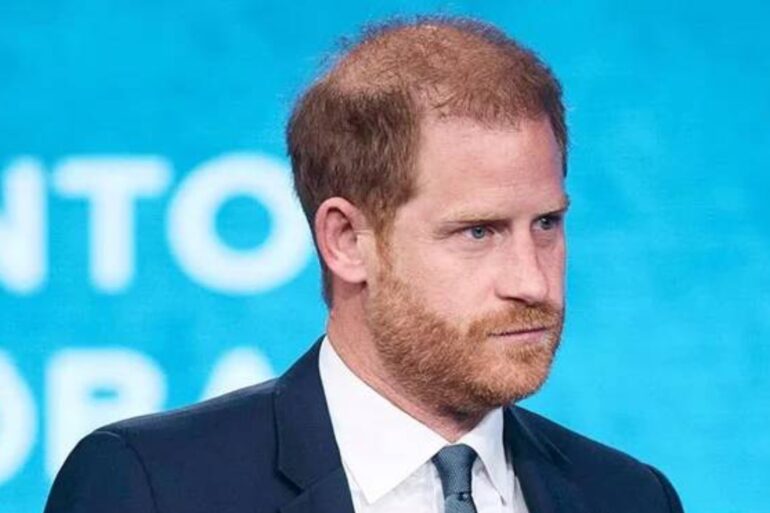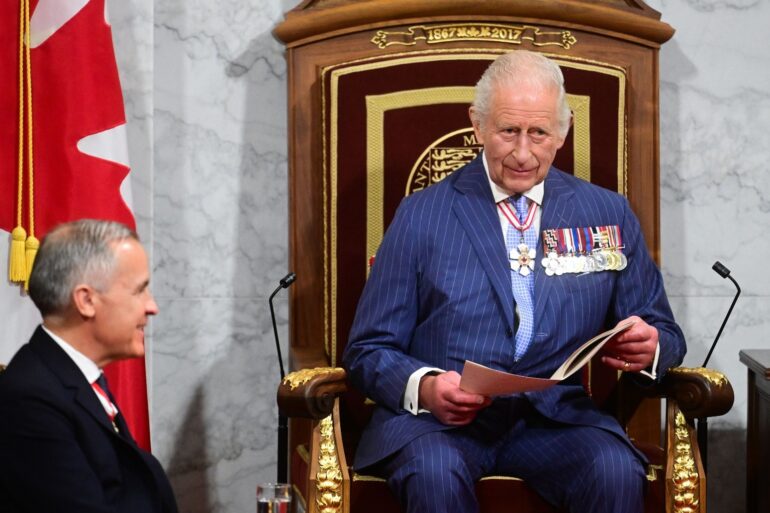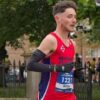-
 play_arrow
play_arrow
Kl 1 Radio Local radio for west Norfolk
-
 play_arrow
play_arrow
KL DISCO KL Disco Playing Disco Music from the 70's onwards.24/7
-
 play_arrow
play_arrow
KL COUNTRY KL COUNTRY Playing New and Classic Country Music 24/7
-
 play_arrow
play_arrow
KL ROX KL ROX The best of New and Classic Rock.24/7
-
 play_arrow
play_arrow
KL SUMMER Summer Vibes 24/7 from KL1 Radio across West Norfolk
-
 play_arrow
play_arrow
KL CLASSICAL Your Symphony Starts Here
-
 play_arrow
play_arrow
KL CHILL Just Chill!
-
 play_arrow
play_arrow
KL POP The Best POP Hits all day Long!
-
 play_arrow
play_arrow
KL XTRA KL XTRA
music_note

Older patients who have surgery are not being screened to assess how frail they are in the majority of UK hospitals, a study suggests.
Frail people are more likely to stay longer in hospital after an operation and are at greater risk of complications, researchers warned.
Experts have called for all surgical patients over 60 to be screened for frailty as standard practice to bolster recovery and slash extended stays in hospitals.
Frailty is a medical condition that is common in older people, with symptoms such as reduced muscle strength, fatigue, slower walking pace, lower activity levels, weight loss and increased vulnerability.
Clinicians can assess how frail a patient is by using the Clinical Frailty Scale (CFS), which gives a score based on factors such as walking ability and managing daily tasks.
A score of more than five indicates the patient should be referred for specialist care.
The analysis, led by the Royal College of Anaesthetists (RCoA) and the University of Nottingham and published in the British Journal of Anaesthesia, includes data from 7,129 patients.
It was collected over five days in March 2022 from across 214 NHS hospitals.
It found 71% of hospitals were not routinely screening surgical patients aged 60 and over for frailty.
The research also highlighted the risks associated with frailty.
Patients with the condition stay an average of three days longer in hospital after an operation, with severely frail people staying six days longer, and are three times more likely to have complications.
Frail patients are also four times more likely to experience delirium, a condition that causes confusion, and are also three times more likely to die in the first year after surgery.
Professor Iain Moppett, from the University of Nottingham’s School of Medicine and chief investigator for the RCoA’s third Sprint National Anaesthesia Project (SNAP3), said: “Identifying frailty is straightforward and should lead to open and honest discussions with patients about what can be offered, what they want and what they can expect if they choose to have surgery.
“Good teamwork between the right specialists – surgeons, anaesthetists and geriatricians – helps to get patients living with frailty as fit and well as possible before surgery, make the right decisions and get the best care after surgery.”
RCoA president Dr Claire Shannon said: “There is huge potential to improve patient outcomes by assessing all those over 60 for frailty as standard practice so that their care can be managed appropriately, with involvement from a geriatrician.
“With older people accounting for an increasing proportion of surgical patients, implementing effective screening for frailty is becoming ever more necessary.
“Universal adoption of frailty assessments will not only help patients recover better from surgery but also help improve efficiency by avoiding extended lengths of stay in hospital.”
An NHS spokesperson said: “Assessing frailty is essential in helping to get older patients as fit and well as possible before, during and after surgery and the NHS elective care plan reinforces this.
“The NHS continues work to support efforts to change the way care is given to relieve the pressure on hospitals and adapt to the increasing demands of an ageing population.”
Published: by Radio NewsHub

Similar posts
Upcoming shows

Night Trax
12:00 am - 7:00 am

Paul Baker – KL1 Breakfast
7:00 am - 10:00 am

Chris Fisher – KL1 Mornings
10:00 am - 1:00 pm

Tim Lee – KL1 Afternoons
1:00 pm - 4:00 pm

Richard Dix – KL1 Drive
4:00 pm - 7:00 pm
Message Us
Copyright The Mediasite UK - 2025








